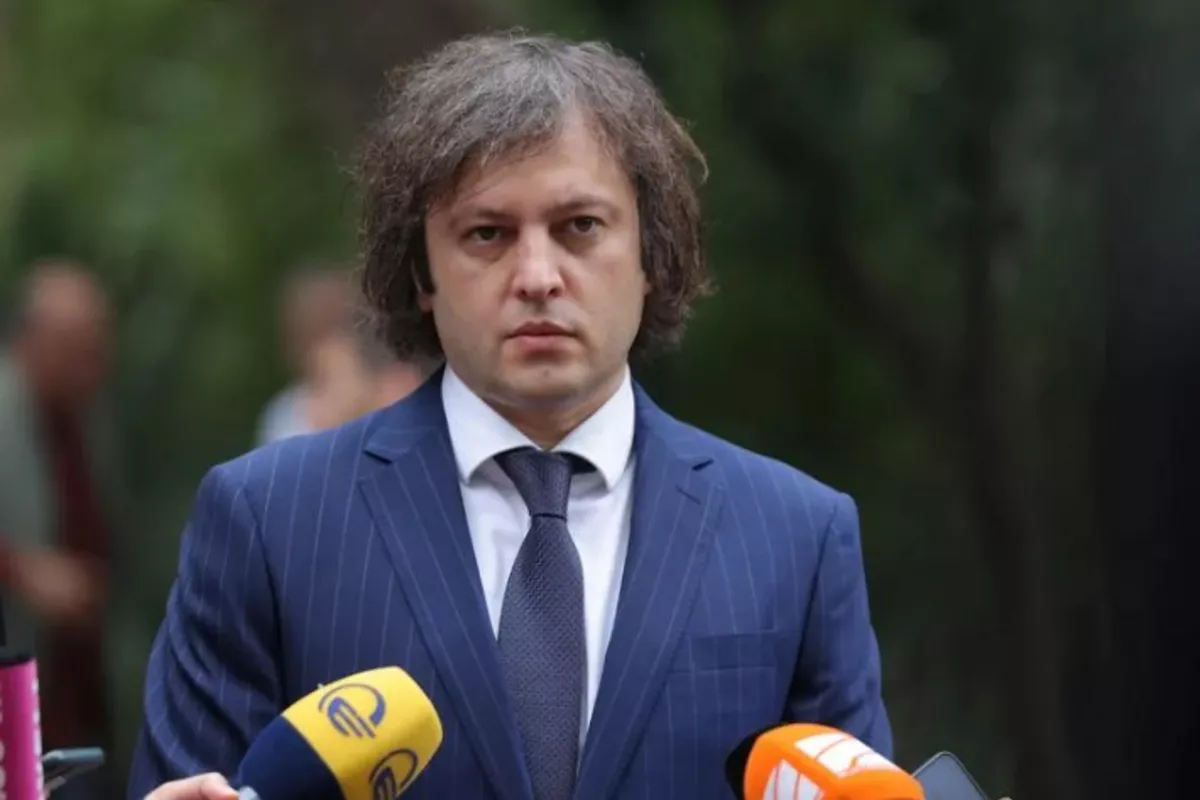
Photo credit: Interpressnews
Georgia’s Prime Minister, Irakli Kobakhidze, has intensified his criticism of Western diplomats, accusing the ambassadors from the EU, UK, and Germany in Tbilisi of exceeding their diplomatic boundaries and interfering directly in the country’s internal politics.
Speaking to reporters after the UK’s ambassador was summoned to the Foreign Ministry, a day after Germany’s envoy faced the same, Kobakhidze said some European diplomats were acting more like “politicians” than ambassadors. He claimed they had crossed lines set out in the Vienna Convention, the international treaty that governs diplomatic conduct, The Caspian Post reports citing Georgian media.
“Everyone sees that certain ambassadors are directly involved in political processes, which is a crude violation of democratic principles,” Kobakhidze said. He pointed to EU envoys attending court hearings and even calling on voters to mobilize against the government, calling this “one of the harshest violations of the convention.”
The prime minister framed the summonses as “ordinary diplomatic measures” intended to push ambassadors back into what he described as “diplomatic boundaries.” He also argued that the problem reflects deeper flaws within “European bureaucracy,” which he said is in “serious trouble.”
The unusually strong remarks come as Georgia’s ruling party, Georgian Dream, faces escalating tensions with Western partners over democratic backsliding and controversial laws targeting civil society.
Kobakhidze also warned the domestic opposition against any attempt to stir unrest ahead of local elections, vowing that the government would enforce the law “with full strictness.”
Share on social media